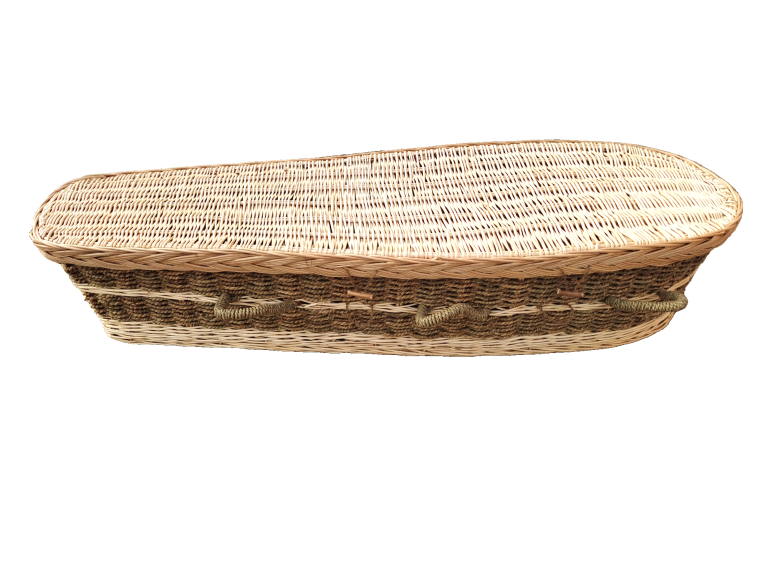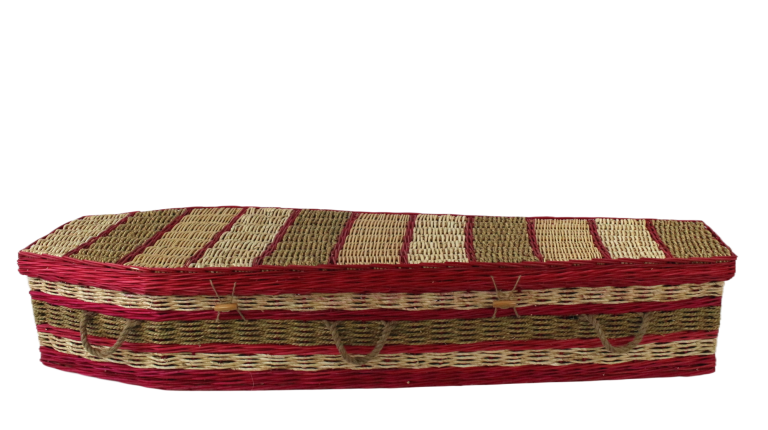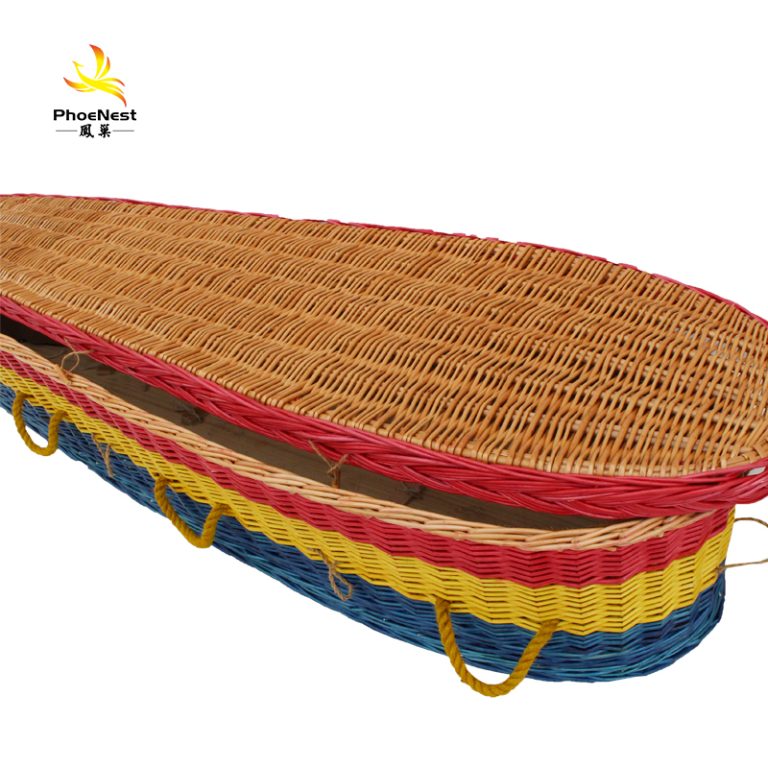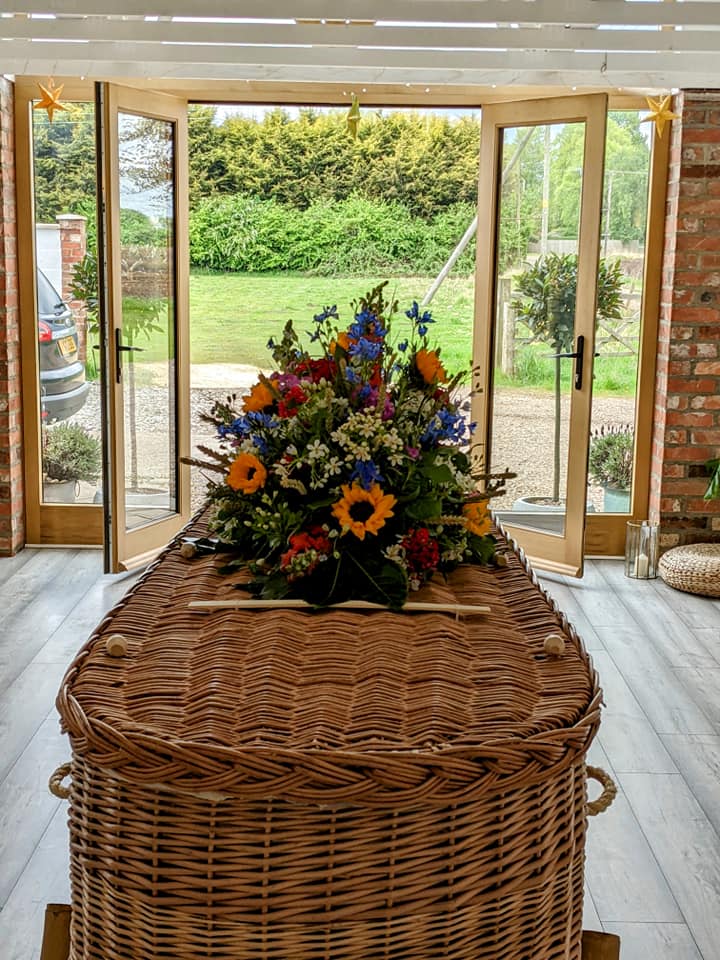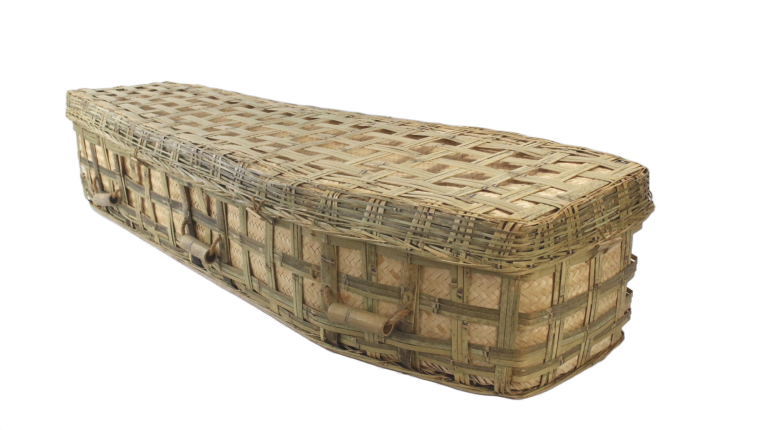coffin weaving is an ancient funeral craft, handwoven from sustainable materials such as willow , bamboo, and vine. It is not only environmentally friendly but also carries cultural and emotional significance. This craft, rooted in natural burial traditions, embodies the harmonious coexistence of humans and the environment worldwide. With rising environmental awareness, coffin weaving is moving from the margins to the mainstream, but its transmission faces significant challenges. Artisans around the world strive to preserve this craft through generations of hand-me-downs and workshops, but they face the challenges of modernization. This article explores the current state of coffin weaving, its challenges, and conservation measures.
Globally, the tradition of coffin weaving is largely based on family and community practices. wicker coffins in Ireland, such as those found in the Ballysheil cemetery, date back to the pre-famine period of the 19th century. These coffins, with hazelwood frames and woven wicker bodies, are among the examples. Modern revivalists like Colin McAteer, who founded Green coffins in 2009, learned the craft through YouTube and employed artisans like Martin Boyle to pass on the skills through a mentor-apprenticeship system. In the United States, Maureen Walrath applies Irish ancestral basketry techniques to coffin weaving, a process that involves growing willow branches, soaking them, and weaving them in five stages. Australia is innovating with the invasive cat’s claw vine, where artisan Zimmi Forest offers workshops to teach participants how to create personalized coffins. Elsewhere, in countries like the United Kingdom, Poland, and China, artisans preserve their craft, exporting to markets like the United States and supporting natural burial companies. These traditions reflect cultural diversity, from European traditions to Asia-Pacific innovations.
However, this tradition faces multiple challenges. First, industrialized coffins dominate the market, squeezing out handmade products with low-cost wooden or metal coffins. Second, younger generations lack interest in traditional crafts, leading to a shortage of skilled artisans in many regions, such as Ireland, who initially needed to recruit them through training programs. Physical challenges are particularly prominent: weaving takes a long time (e.g., 150 hours per piece), requires precise control of material thickness, and places a heavy physical strain on the body. Culturally, modern society avoids the topic of death, leading to volatile demand and difficulties in promoting it. Globalization also presents challenges, such as the impact of cheap imports (such as Chinese bamboo coffins) on local artisans.
To preserve this craft, various global initiatives are underway. Education is key: Walrath launched an online course, “How I Hold You,” to teach weaving skills. Australian workshops integrate death education to engage families in “living awakenings” and foster emotional continuity. Companies like Green coffins prioritize local manufacturing, employ female artisans, and expand their facilities. Policies support green burials and promote the use of sustainable materials, such as those that utilize invasive species to reduce environmental impact. International collaborations, such as natural burial companies sourcing from artisans worldwide, help keep the craft alive. Furthermore, documenting the craft (such as this podcast interview with Caz Ingall) helps preserve knowledge.
Looking ahead, with the advancement of the Sustainable Development Goals, coffin weaving is expected to see a resurgence. However, international collaboration, investment in education, and policy incentives are needed to sustain this handmade legacy. Ultimately, it is more than just a funeral tool; it serves as a cultural bridge, connecting the living and the dead, and humanity and nature.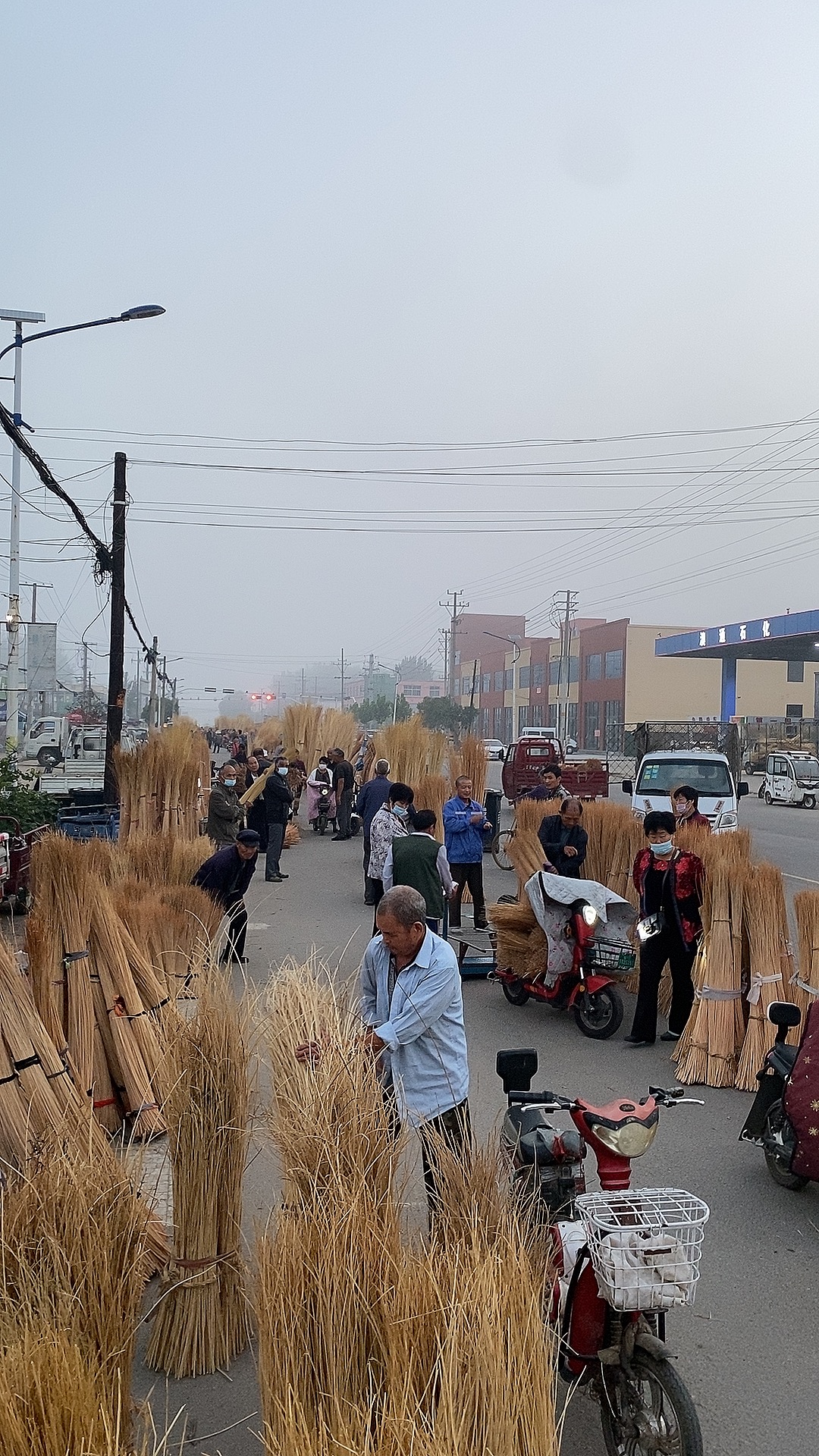
Phoenix Nest coffins Crafts Co.,Ltd.
Whatsapp: +86-18265103836 (Whatsapp & Wechat & Tel)
Email: jason@phoenxinestcoffin.cn
#willow coffin#greencoffins#bamboocaskets#urns#naturalcoffins#chinafactory#scattertube#naturalburial#FuneralSupplies#cross#flowerbands#shrouds #carrierfuneral
We are a factory supporting eco friendly green funeral(natural willow coffins\bamboo caskets and so on) .. for detail please contact us www.phoenixnestcoffins.com;

